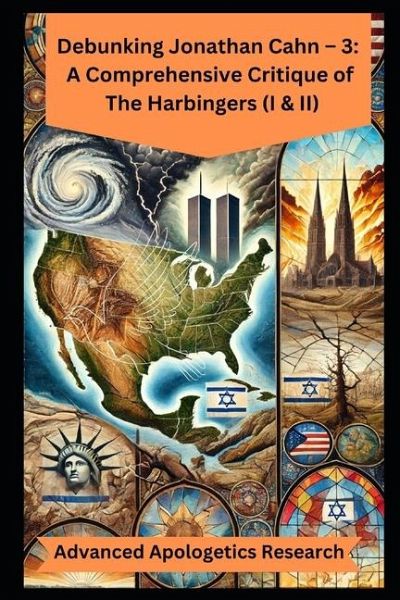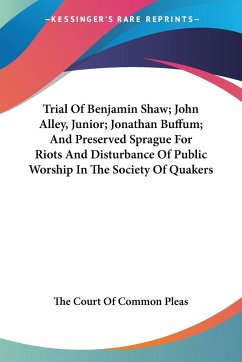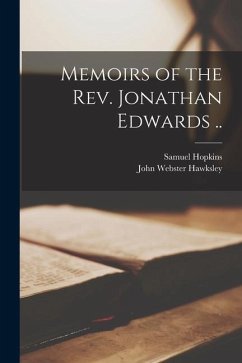Nicht lieferbar

Debunking Jonathan Cahn - 3
A Comprehensive Critique of The Harbingers (I & II)
Versandkostenfrei!
Nicht lieferbar
Jonathan Cahn's The Harbinger and its sequel, The Harbinger II: The Return, have captivated a wide audience by presenting dramatic claims of prophetic connections between ancient Israel's history and contemporary events in America. These works suggest that America's national trajectory mirrors the biblical narrative of Israel, with ominous warnings of divine judgment. While intriguing, these claims demand careful scrutiny. Are they rooted in sound theology, historical accuracy, and biblical interpretation? Or do they represent a sensationalized misapplication of scripture that risks distorting...
Jonathan Cahn's The Harbinger and its sequel, The Harbinger II: The Return, have captivated a wide audience by presenting dramatic claims of prophetic connections between ancient Israel's history and contemporary events in America. These works suggest that America's national trajectory mirrors the biblical narrative of Israel, with ominous warnings of divine judgment. While intriguing, these claims demand careful scrutiny. Are they rooted in sound theology, historical accuracy, and biblical interpretation? Or do they represent a sensationalized misapplication of scripture that risks distorting its core messages? This book, Debunking Jonathan Cahn - 3: A Comprehensive Critique of "The Harbingers," is a systematic exploration and critique of the theological, historical, and contextual assumptions underpinning Cahn's claims. Divided into three parts, the book addresses the key arguments presented in The Harbinger and The Harbinger II: The Return, providing a balanced yet critical analysis to help readers discern between faithful interpretation and speculative theology. Part One delves into The Harbinger I, examining its eight central claims, or "harbingers," which purport to draw parallels between ancient Israel's covenantal breaches and events such as the 9/11 attacks and America's subsequent actions. These include the Breach, the Terrorist, the Fallen Bricks, the Tower, the Gazit Stone, the Sycamore, the Erez Tree, and the Prophetic Sign. Each chapter critiques these harbingers, highlighting where they rely on faulty hermeneutics, misapplied symbolism, or historical inaccuracies. A synthetic analysis concludes this section, addressing the overarching themes and implications of The Harbinger's narrative. Part Two transitions to The Harbinger II: The Return, which expands upon the original work with ten additional "harbingers." These include the Watchmen, the Gate, the Mystery Ship, the Word in the Ruins, the Book of Days, the Image, the Judgment Tree, the Children of the Ruins, the Convergence, and the Handwriting on the Wall. This section evaluates the theological and prophetic claims of The Harbinger II, questioning the validity of its expanded narrative and its implications for understanding America's moral and spiritual condition. As with Part One, the section concludes with a synthetic analysis that integrates the key critiques and themes. Part Three offers a systematic analysis of both works, focusing on their shared errors and theological implications. It identifies key missteps in Cahn's approach, including faulty hermeneutics, historical misrepresentations, and misunderstandings of biblical warnings and repentance. This section also emphasizes the importance of contextual interpretation, urging readers to engage with scripture faithfully and critically. Finally, it highlights the dangers of speculative theology and sensationalism, warning against narratives that may captivate audiences but lack biblical grounding. This critique is not intended to dismiss the value of engaging with prophetic themes or calling nations to moral accountability. However, it seeks to ensure that such endeavors are rooted in sound theology and respectful interpretation of scripture. The Harbinger series, while popular, raises significant concerns about the ways in which biblical texts are employed to construct dramatic narratives that may distort the Bible's message and purpose. By addressing these concerns, this book aims to provide readers with tools for discerning faithful biblical interpretation and understanding the proper use of scripture in addressing contemporary issues.













